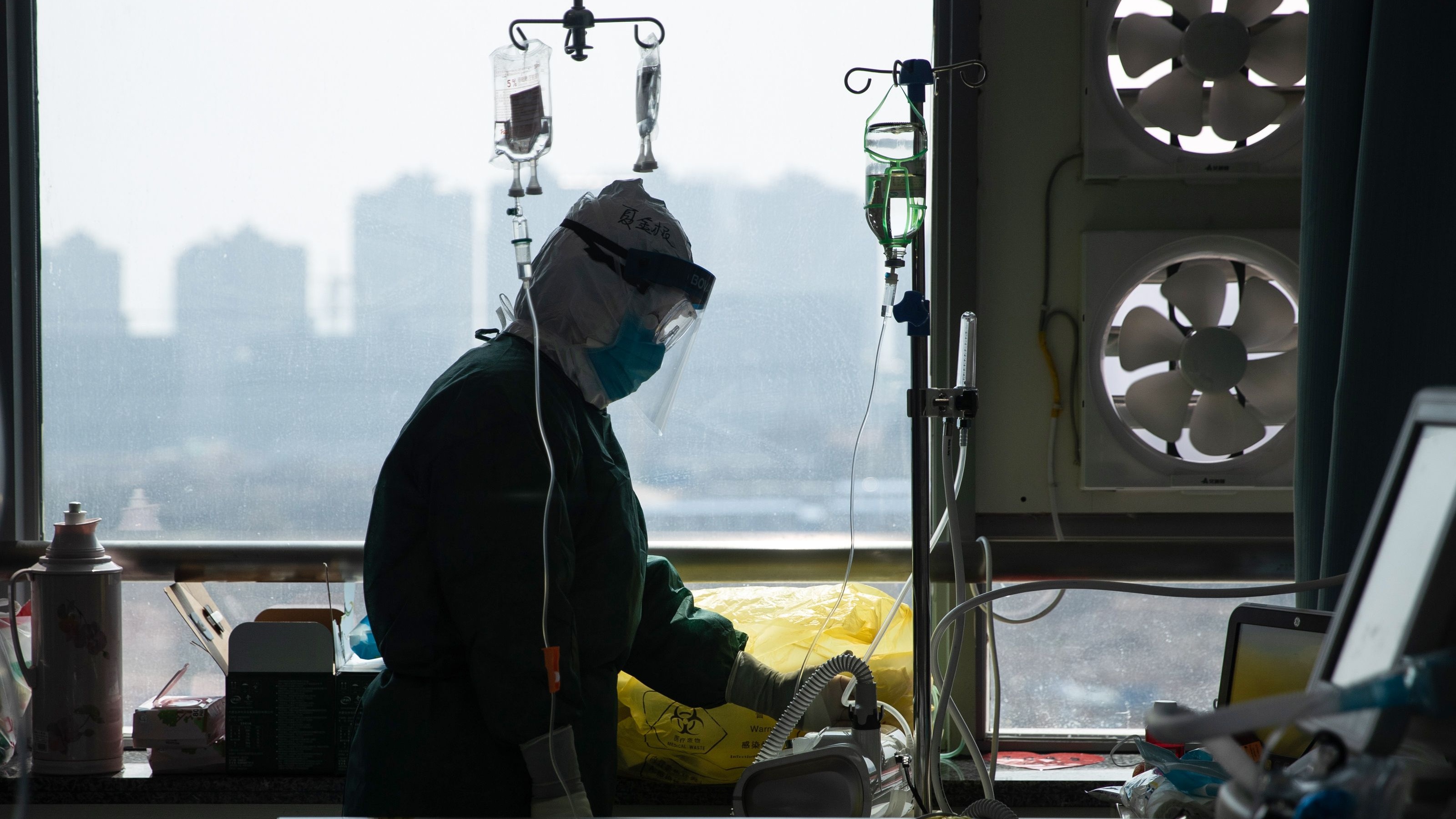Reaction: world responds as global coronavirus cases pass 5 million
Latin America emerging as new front line in the battle to control outbreak

A free daily email with the biggest news stories of the day – and the best features from TheWeek.com
You are now subscribed
Your newsletter sign-up was successful
The total number of confirmed coronavirus cases worldwide has passed five million following the largest daily increase in reported infections since the outbreak began.
After emerging in the Chinese city of Wuhan late last year, Covid-19 has now reached every continent on the planet, killing more than 328,000 people and peaking in the US, which has recorded almost 1.6m cases, according to latest figures.
As Europe begins to slowly lift lockdown restrictions, a record 106,000 new infections were reported across the world on Tuesday.
The Week
Escape your echo chamber. Get the facts behind the news, plus analysis from multiple perspectives.

Sign up for The Week's Free Newsletters
From our morning news briefing to a weekly Good News Newsletter, get the best of The Week delivered directly to your inbox.
From our morning news briefing to a weekly Good News Newsletter, get the best of The Week delivered directly to your inbox.
The virus has now “infected more people in under six months than the annual total of severe flu cases”, says Australia’s The Sydney Morning Herald. The World Health Organization (WHO) estimates that between three million and five million people are infected with influenza each year.
Announcing the spike in coronavirus infections during a briefing in Geneva, WHO’s Director-General Tedros Adhanom Ghebreyesus warned that “we still have a long way to go in this pandemic”. The UN health agency is “very concerned about rising cases in low- and middle-income countries”, he added.
The Guardian describes the five million tally as a “sombre milestone”, and notes that a combination of “differing testing rates and definitions... underreporting, and time lags mean that that the true number of infections is certainly higher”.
The new confirmed global total comes after both Russia and Brazil have seen “huge spikes in infections over the past three weeks”, German newspaper Deutsche Welle adds. John Hopkins University figures show that the two countries now have the second and third largest outbreaks in the world respectively.
A free daily email with the biggest news stories of the day – and the best features from TheWeek.com
Al Jazzera predicts that Brazil may soon overtake Russia to “have the second-highest number of cases in the world”, with the country’s health ministry reporting 888 new deaths and nearly 20,000 new infections yesterday. By comparison, 127 people died in Russia.
The rise in Covid-19 cases in South America marks a “new phase in the virus’ spread”, with the continent accounting for “around a third of the 91,000 cases reported earlier this week”, according to Reuters.
The news agency says that Europe and the US each accounted just over 20% of global cases in the same period, but adds that more than half of the fatalities recorded worldwide so far have been in Europe.
–––––––––––––––––––––––––––––––For a round-up of the most important stories from around the world - and a concise, refreshing and balanced take on the week’s news agenda - try The Week magazine. Start your trial subscription today –––––––––––––––––––––––––––––––
WHO officials say that while almost two-thirds of the new cases reported this week were in just four countries - the US, Russia, Brazil and the UK - Eastern Europe has been hit by “a delayed epidemic”, reports CNBC. But these European countries “could implement lessons that have been learned at great costs in Asia, North America and Western Europe”, the US news site adds.
Despite the ongoing global health crisis, “many rich nations have started emerging from lockdowns that have hammered their economies”, says the South China Morning Post.
Countries easing restrictions include the US, where Donald Trump this week again attacked the WHO’s handling of the crisis, in a four-page letter in which the president threatened to permanently halt US funding to the organisation unless it commits to “major, substantive improvements” within 30 days.
WHO boss Ghebreyesus refused to comment publicly on the demands, saying: “The answer is simply we have received the letter and are looking into it.”